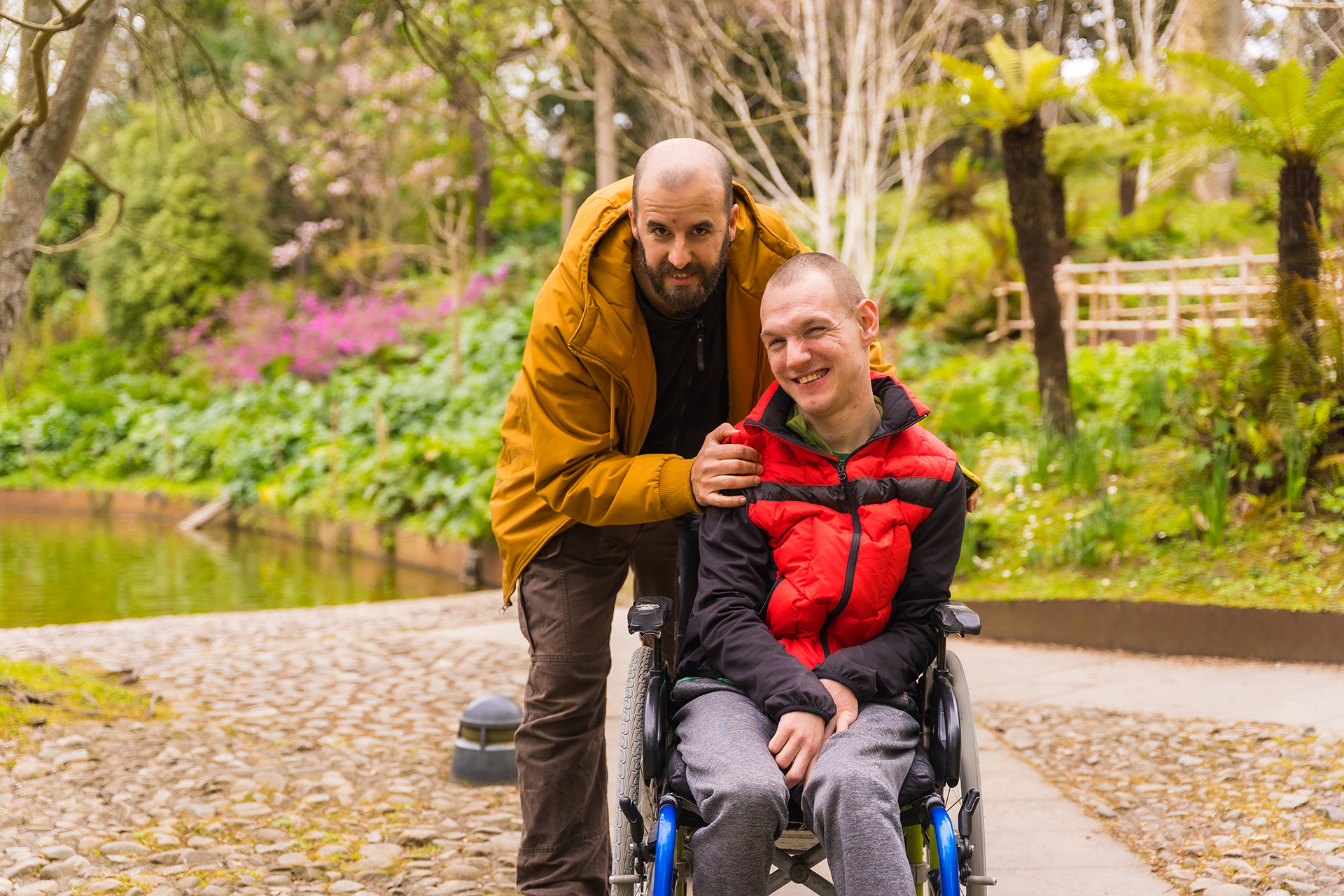The care economy, encompassing various caregiving activities, holds a significant place in our society.
Within this realm, disability services stand out as a crucial area that relies heavily on the care economy.
People with disabilities often require additional disability support and assistance in various aspects of their lives, and the care economy plays a pivotal role in meeting these needs. In this article, we will explore the essential role of the care economy in disability services, and how the National Disability Insurance Scheme (NDIS) plays an important role.
The Role of the Care Economy
The care economy, comprising both paid and unpaid care work, recognises the importance of providing care services to individuals, families, and communities. When it comes to disability, the care economy becomes even more critical, as individuals with disabilities require specialised care tailored to their unique circumstances. This includes personal assistance, medical and health care, emotional support, educational opportunities, and social inclusion.
The Role of the National Disability Insurance Agency
In Australia, the NDIS plays a vital role in the care economy by providing support and funding for people with disabilities. The NDIS is a national scheme that aims to assist individuals with disabilities in accessing the necessary care and support they need to lead fulfilling lives. It recognises that the care economy plays an integral part in addressing the needs and rights of people with disabilities.
Bloom Healthcare Supports Disability Services
One of the key aspects of the NDIS is its focus on individualised care and support plans.
At Bloom Healthcare we help each person with a disability with a personalised NDIS plan that outlines their specific needs and goals. This plan takes into account the person’s unique circumstances, including their disability-related needs, preferences, and aspirations.
The care economy, consisting of various caregivers and professionals, plays a crucial role in implementing these individualised plans and providing the necessary support.
The NDIS also recognises the importance of inclusive education and employment opportunities for individuals with disabilities.
Accessible schools, vocational training programs, and workplace accommodations are all part of the care economy’s efforts to create an inclusive society. By investing in inclusive education and employment, the care economy aims to empower individuals with disabilities and promote their active participation in society, not only helping to promote the health and well-being, and quality of life of people living with a disability but also helping drive economic growth.
The care economy acknowledges the significance of emotional support and social inclusion for people with disabilities. Care providers, including family members, friends, and professionals, contribute to creating nurturing environments where individuals with disabilities can develop meaningful relationships and actively engage in community growth and social activities.
The care economy strives to foster a sense of belonging and ensure that no one is left behind.
Despite the valuable contributions of the care economy, challenges persist in providing adequate disability services. Funding constraints, limited accessibility, and insufficient training and resources for caregivers are among the hurdles that need to be addressed.
However, initiatives like the NDIS are taking steps toward overcoming these challenges by providing funding and support to enhance the care economy and improve disability services.
To create a compassionate and inclusive society, it is crucial to recognise and value the care economy’s contributions.
Fair compensation for caregivers, adequate funding for disability services, and public awareness campaigns are all necessary steps to support the growth of the care economy. By investing in the care economy, we can ensure that individuals with disabilities receive the support they need and deserve, enabling them to lead dignified, fulfilling lives.
The care economy plays a vital role in disability services, providing the necessary support and assistance for individuals with disabilities.
With the NDIS serving as a notable example, we can witness the transformative power of the care economy in creating a more inclusive society.
By recognising the importance of caregiving and investing in the care economy, we can truly care for all.




